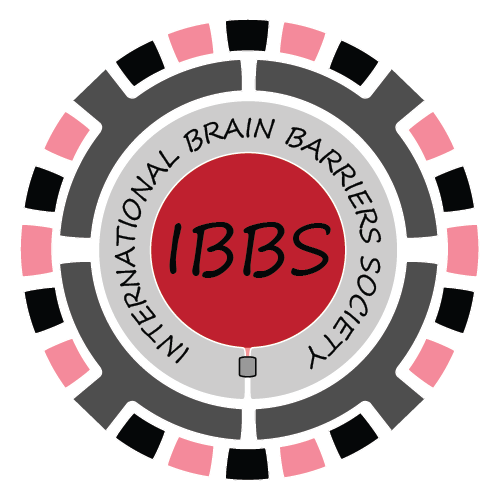Visiting Graduate Researcher (Master’s Degree Intern)
Brain Targeting Program, Wyss Institute
Start Date: July to September 2021
Duration: 6 to 12 months
The Wyss Institute for Biologically Inspired Engineering at Harvard University invites applications for Visiting Graduate Researcher position in the Brain Targeting Program (BTP). The position will focus on the molecular mechanisms underlying the contribution of blood-brain barrier (BBB) dysfunction to AD pathogenesis.
The Wyss Institute’s BTP, co-led by James Gorman, M.D., Ph.D., and Donald Ingber, M.D., Ph.D., focuses on developing a novel platform that leverages in vitro human Transwell and Organ Chip models constituted of human BBB cells differentiated from induced pluripotent stem (iPS) cells. The BTP uses advanced in vitro and in vivo BBB models to study the transport of molecules across the human BBB into the central nervous system (https://wyss.harvard.edu/collaboration/brain-targeting-program). One of its core projects is to develop an isogenic iPSC-derived in vitro BBB model of normal human subjects and of subjects with early-onset AD (EOAD) and late-onset AD (LOAD) with astrocytes, pericytes and endothelium all being derived from the same patient. This personalized BBB model will be used to examine the impact of early- and late-onset genetic variants on BBB function, and define the molecular pathways impacted by these variants.
The mission of the Wyss Institute for Biologically Inspired Engineering at Harvard University is to transform human healthcare and the environment by emulating the engineering principles found in nature. Developed as an alliance between Harvard and other premier academic and clinical partner institutions, Institute faculty and staff collaborate in high-risk, fundamental research, and science-driven technology development. A major focus of the Institute is to translate the technologies developed by its faculty and staff into commercial products and therapies through collaborations with clinical investigators and establishment of corporate alliances and launching startup companies. For more information, visit: http://wyss.harvard.edu
Preferred Education and Experience Levels
- Must hold a degree in the field of Biology, Neuroscience, Bioengineering, or a closely related discipline
Key Responsibilities
- Research scientific literature to understand the role of the BBB in Alzheimer’s disease.
- Develop, validate and perform various protocols including cell- and plate-based assays, qPCR, and flow cytometry.
- Summarize, present, and share key findings with an interdisciplinary, scientific team in a cogent, organized manner.
- Collaborate with other researchers to address and solve new challenges and unanticipated problems as they arise.
- Demonstrate a commitment to diversity, inclusion, and cultural awareness through actions, interactions, and communications with others.
Scientific, Practical, and Interpersonal Skills
Required:
- Soft Skills: communication, adaptability, independent thinking, efficiency, self-drive
- Computer Skills: Microsoft Office (Word, Powerpoint, Excel),
- Scientific Skills: design and implementation of scientific protocols, analysis of scientific literature and datasets, knowledge of proteins / genes / neurodegenerative disorders
Preferred:
- Experience with cell culture; experience with iPS differentiation or primary cell culture is a plus.
- Experience with Transwell or microfluidic assays is a strong benefit.
Applicants should also have knowledge of the brain, understand basic stem cell biology, and be able to perform some cell culture experiments if required. The candidate will have one primary mentor. The candidate can expect rigorous training, exposure to multiple disciplines and in-depth learning about the BBB, preparing them to pursue academic or biopharmaceutical careers. A modest stipend is available for applicants who do not have another source of funding.
Applications, assembled as a single PDF file, should contain a complete resume and a cover letter describing research interests, goals, and why you would be a good fit for this program. Applications should be sent to




